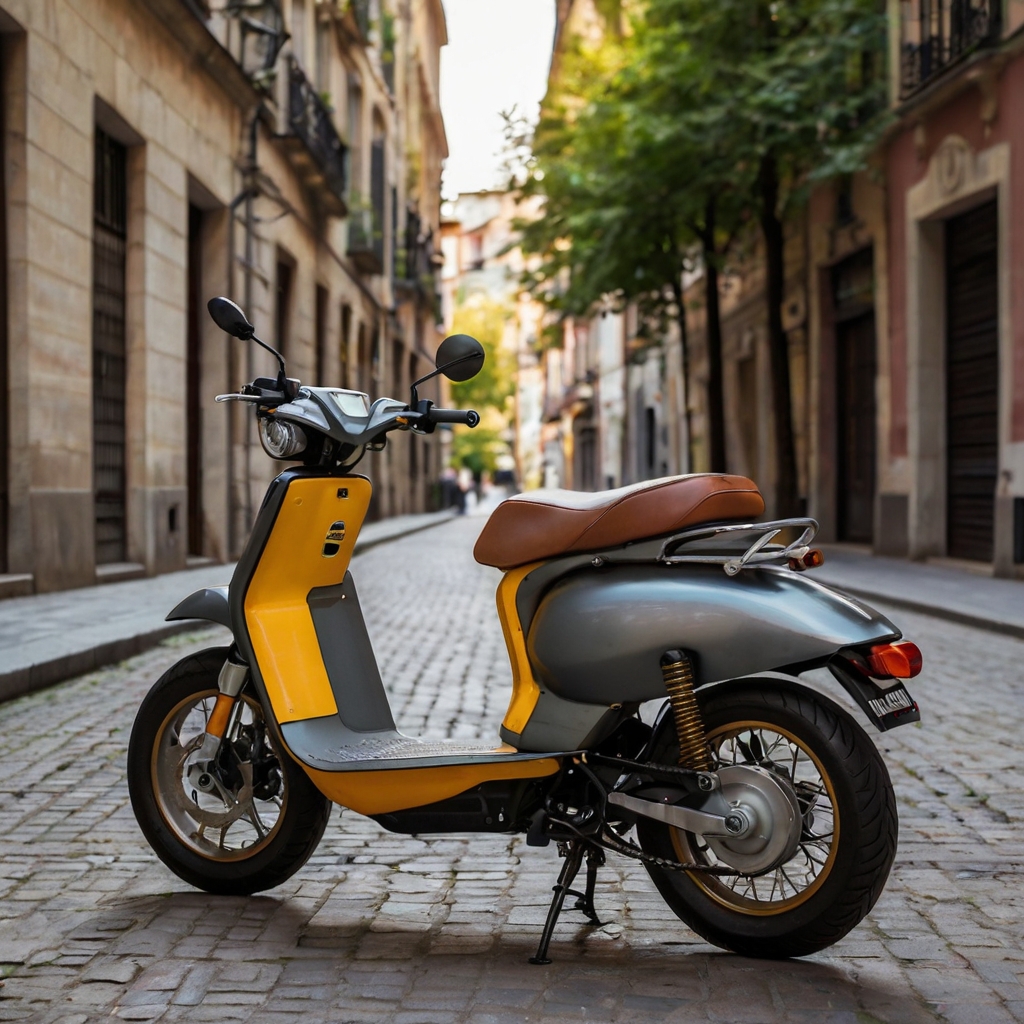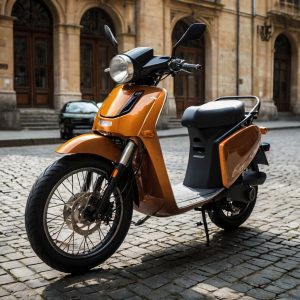As we move into 2024, the electric two-wheeler market in Europe is gearing up for a pivotal year, characterized by accelerated growth, increased consumer adoption, and transformative technological advancements. With a collective push towards sustainable transportation solutions, the electric two-wheeler segment is poised to play a crucial role in reshaping urban mobility across the continent.
Growth Projections
The electric two-wheeler market in Europe is projected to witness a compound annual growth rate (CAGR) exceeding 10% in 2024. This growth can be attributed to various factors, including a surge in urbanization, government initiatives aimed at reducing carbon emissions, and the ongoing shift in consumer preferences towards eco-friendly transportation options. Analysts predict that the market will surpass €10 billion in value by the end of the year, marking a significant milestone for the industry.
Key Drivers
- Government Support: European governments are implementing stringent regulations to meet their climate goals, with many countries setting targets for phasing out internal combustion engine vehicles. Initiatives such as purchase incentives, subsidies for electric vehicles, and investments in charging infrastructure are driving consumer interest and adoption. Countries like Germany and France are leading the way with generous subsidies, making electric two-wheelers more accessible to the average consumer.
- Urban Mobility Challenges: As cities grapple with increasing traffic congestion and air pollution, electric two-wheelers are emerging as a viable solution for urban commuting. These vehicles offer agility and convenience, allowing riders to navigate congested streets more efficiently than cars. The rising popularity of shared mobility services is also contributing to increased demand, as consumers are becoming more familiar with the benefits of electric scooters and bikes.
- Technological Advancements: The pace of innovation in battery technology and smart features is another critical factor driving the market. Manufacturers are increasingly focused on developing lightweight, high-capacity batteries that enhance range and reduce charging times. Additionally, the integration of smart technology—such as GPS navigation, vehicle diagnostics, and connectivity options—enhances the overall user experience and attracts a tech-savvy audience.
Challenges Ahead
Despite the optimistic forecast, the market faces several challenges. The upfront cost of electric two-wheelers can still be a barrier for many consumers, although operating costs are significantly lower. Furthermore, while charging infrastructure is expanding, there are still gaps in availability, particularly in rural areas and less populated regions. Addressing these challenges will be crucial for maximizing market penetration.
For More Info: – https://www.gmiresearch.com/report/europe-electric-two-wheeler-market/
Conclusion
In summary, the forecast for the European electric two-wheeler market in 2024 is highly optimistic, driven by a confluence of governmental support, urban mobility needs, and technological advancements. As consumers increasingly embrace sustainable transportation options, electric scooters and motorcycles are set to become a staple in Europe’s urban landscape. With continued investments in infrastructure and ongoing innovation, the electric two-wheeler market is not just a trend but a vital component of the future of mobility in Europe.

